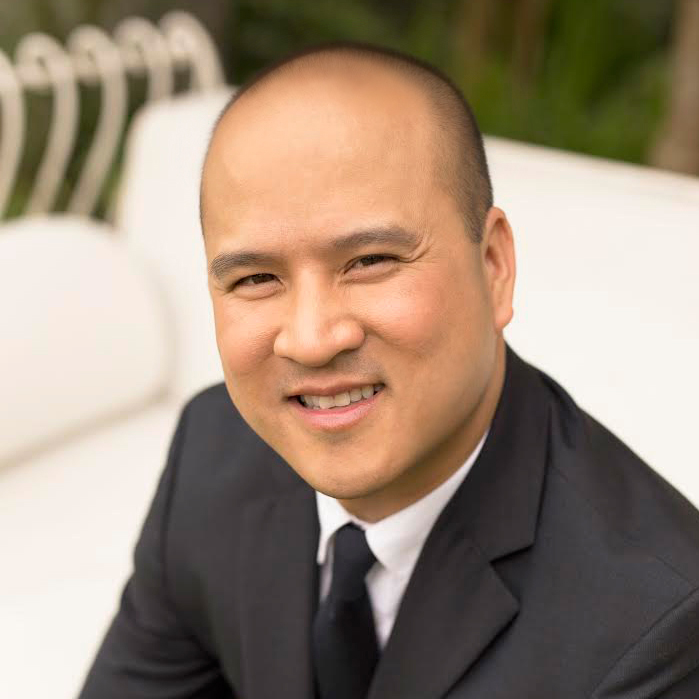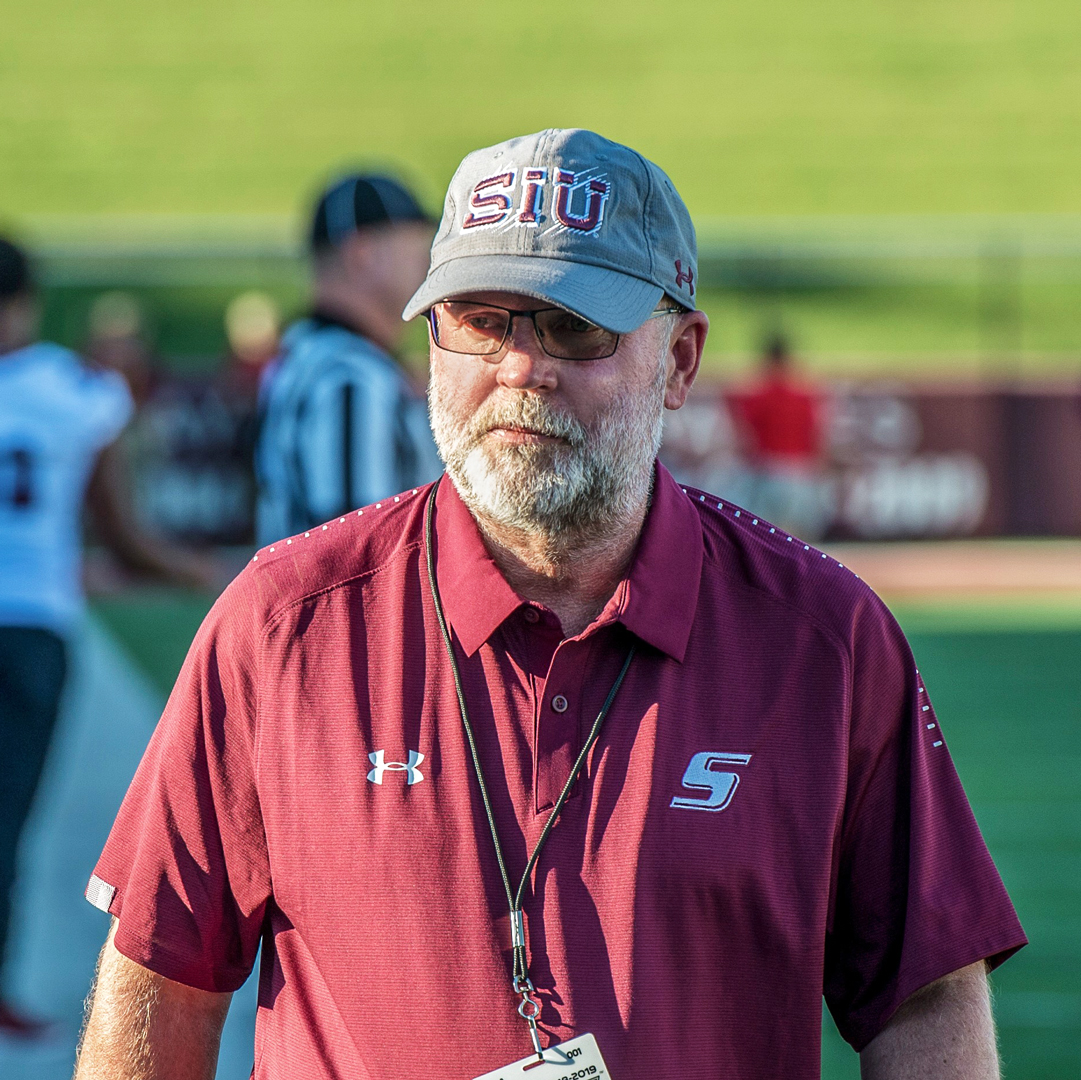Lauren Miller wanted the job that most people wouldn’t.
In 2018 and 2019, QEP Resources, a Denver-based independent crude oil and natural gas exploration and production company, publicly announced a strategic review of the company and underwent a transition to “right size” the organization as it countered a tough market and dropping prices—the effect of which, as Miller puts it, was trimming the company’s workforce by nearly 60 percent over the course of an 18-month period. Although she had devoted her career to various HR roles, the tremendous strategic and cultural shift underway at QEP necessitated leadership to manage the staff through a period of continued unpredictability, and Miller felt she could bring something to the role that so many companies lacked.
“It’s one thing to keep a team engaged for that long of a period, but to add a cultural shift during that long of a period of downsizing and uncertainty almost feels impossible at times,” she says. “We were dedicated to transparency and having face-to-face meetings with people where we would tell them as much as we could as we tried to weather this storm.”
Although the face-to-face meetings and information sharing did not stave off the reduction in the company’s workforce, it did foster a sense of trust at QEP.
“It’s so important to treat people right,” she says. “It has such an impact both for the people that remain as well as the people leaving, but also for your reputation in the industry. I’ve watched many companies get this wrong, and the long-term implications are incredibly damaging.”
Miller says even though she had no idea that human resources was a potential career path when she entered college, she’s not surprised she ended up in it. Although she describes herself as competitive, she’s also empathetic. “It always mattered more to me about how you get there rather than simply getting there,” she says. “You don’t leave people in your wake, and you don’t create damage by trying to achieve success.”
“It always mattered more to me about how you get there rather than simply getting there. You don’t leave people in your wake and you don’t create damage by trying to achieve success.”
That mentality was fostered in her from an early age. She began long-distance running at age nine, which grew into a competitive pursuit in high school. Although she says she was hard on herself and pushed herself to do better, her father (who was also her coach) kept that attitude in check.
“He would say, ‘What have you done for your teammate?’” she recalls. “Or, ‘I see that person is struggling. Maybe you should talk to them? Maybe you should ask that person to join us in a warm-up? How you treat others matters just as much as you performing well, and, really, makes me more proud of you whether or not you win today.’”
In other words, if you’re part of Miller’s team, she has your back. In assuming the role of vice president of human resources at QEP, that means not only dealing day in and day out with the company’s workforce, but also its leadership, shareholders, and the board of directors. She prides herself on supporting these various stakeholders and helping the workforce and leadership not only work together better but also understand each other and everything that needs to be considered. Although it’s a long way from the high school track competitions, in another way, it’s not that different from the advice that her father gave her all those years ago.
“I love being able to connect people to resources and solutions,” she says. “I get to help others develop and achieve their potential. To see others succeed and shine is really one of the things that satisfies me most, but I also get to participate in the business of the company with both leadership and our board, and I find the complexity of those relationships really engaging. I get to be creative in problem solving every day. It’s invigorating.”
Advice from HR
Lauren Miller provides pointers for those looking into leadership positions in the ever-changing oil and gas industry.
Embrace the digital age.
“Technology has fostered so many innovative ways to attack problems. It’s a phenomenal tool that also brings real scrutiny from the public and our shareholders, which requires a greater focus on ethics and how we do our business. It’s a good thing.”
A benefit package is not enough.
“Historically, the industry has focused on compensation and benefits as the main tool to recruit and retain people. Now, you have to focus on leadership and culture to drive performance.”
Be comfortable with change.
“Be ambitious but not impatient. I’ve seen people move into roles before they’re ready and damage their career as a result. Practice being agile and comfortable with constant change.”
Never jeopardize your integrity.
“There is no position, project, or next step that is worth the integrity you bring to your job. The work you do will always eventually pay off.”
Laugh.
“There are a lot of high-pressure situations. Being able to drive performance but also provide levity to situations is really important to keep people engaged and at less of a risk for burning out.”

